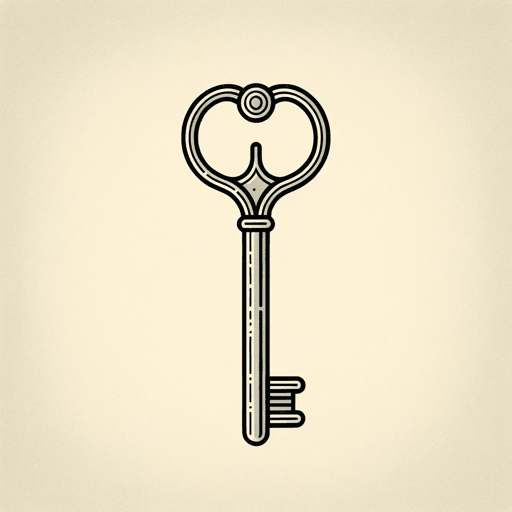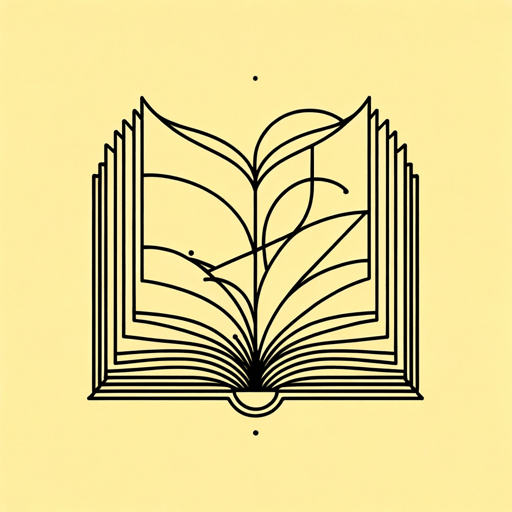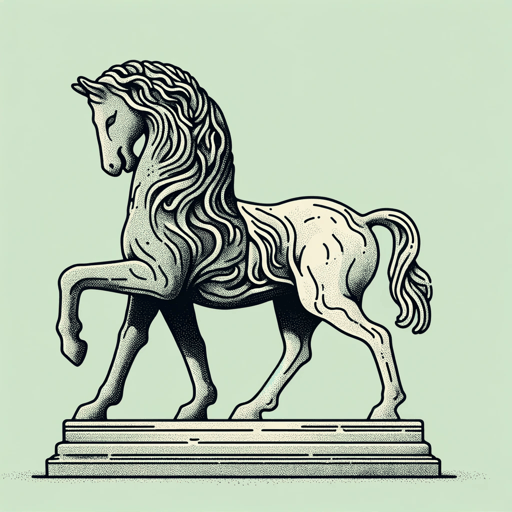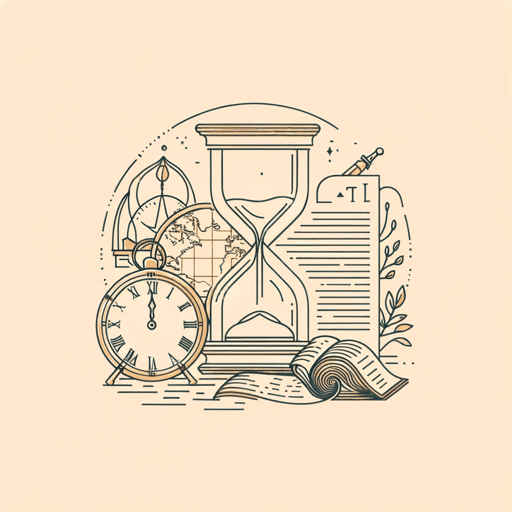24 pages • 48 minutes read
Jorge Luis BorgesBorges and I
Fiction | Short Story | Adult | Published in 1960A modern alternative to SparkNotes and CliffsNotes, SuperSummary offers high-quality Study Guides with detailed chapter summaries and analysis of major themes, characters, and more.
Summary and Study Guide
Summary: “Borges and I”
“Borges and I” by Argentinian writer Jorge Luis Borges is a short story and/or lyrical essay that reflects on the duality of the author’s identity and the relationship between his public and private personas. In this piece, Borges explores the tension between the public figure, “Borges” the writer, and the private individual, “I”—himself. “Borges and I” explores the duality of the human identity, the nature of writing, and creativity’s effects on identity by utilizing literary devices such as paradox, metaphor, self-reflection, and irony, as well as autobiographical elements.
“Borges and I” was first published in 1960 as part of a collection of short stories called The Maker. Originally, it was published in Spanish but has been translated by scholars such as Andrew Hurley, James E. Irby, Ilan Stavans, and others into English.
This guide refers to the version of the text translated by James E. Irby in Labyrinths, published by New Directions in 1962.
The story begins with the first-person narrator acknowledging that his identity is split between “Borges,” the renowned author, and himself, the man who lives his everyday life. Borges is “the one that things happen to” (Paragraph 1), according to the narrator. ”I,” who narrates the story, informs us that he is aware of the existence of another Borges, a name he has encountered before in public records. The narrator and Borges like “hourglasses, maps, eighteenth-century typography, […] coffee, and the prose of Stevenson,” (Paragraph 1), but Borges presents these interests as aspects of his public persona rather than as genuine hobbies.
The narrator suggests that “Borges” is a construct created by his readers and critics. It’s a persona formed by their interpretations of his work, reviews, and the way they perceive him as an author. This constructed “Borges” has his own existence apart from the real, individual “I.” This is the paradox that Borges grapples with—the idea that his writing has given birth to an entity that overshadows his personal self. Borges, the narrator, reveals that he continues his existence primarily to serve as a living vessel for Borges, the writer, allowing the continuous creation of literature. Nevertheless, the literary output of Borges, the writer, does not exclusively belong to either of them; it becomes an integral part of the collective body of human accomplishments.
The story delves into the nature of fame and recognition. “Borges” has become a famous literary figure, but Borges himself acknowledges that he is a mortal man, vulnerable to the limitations and imperfections of life. He recognizes the irony that his fame and achievements have contributed to the erasure of his true, personal self, “I.” He references the philosopher Spinoza, stating that he “knew that all things long to persist in their being; the stone eternally wants to be a stone and the tiger a tiger” (Paragraph 2). Borges willingly surrenders everything to “Borges,” even though he acknowledges a deeper connection with himself in the works of other authors. Many years ago, Borges, the man, attempted to distance himself from his writer counterpart by directing his attention elsewhere. However, these alternative pursuits soon became the preoccupations of Borges, the writer, blurring the boundaries until everything he is and does seamlessly integrates with the essence of Borges, the writer.
Throughout, Borges reflects on the impact of this division. He feels a sense of loss as “Borges” becomes more dominant, feeling like he is fading into obscurity as “I.” He grapples with the idea that the act of writing and the literary world can create a persona that overshadows the writer’s true identity. In the end, Borges confesses that he does not know which of the two has written “Borges and I.”
Related Titles
By Jorge Luis Borges

Ficciones
Jorge Luis Borges

In Praise of Darkness
Jorge Luis Borges

Pierre Menard, Author of the Quixote
Jorge Luis Borges

The Aleph
Jorge Luis Borges

The Aleph and Other Stories
Jorge Luis Borges

The Book of Sand
Jorge Luis Borges

The Circular Ruins
Jorge Luis Borges

The Garden of Forking Paths
Jorge Luis Borges

The Library of Babel
Jorge Luis Borges

